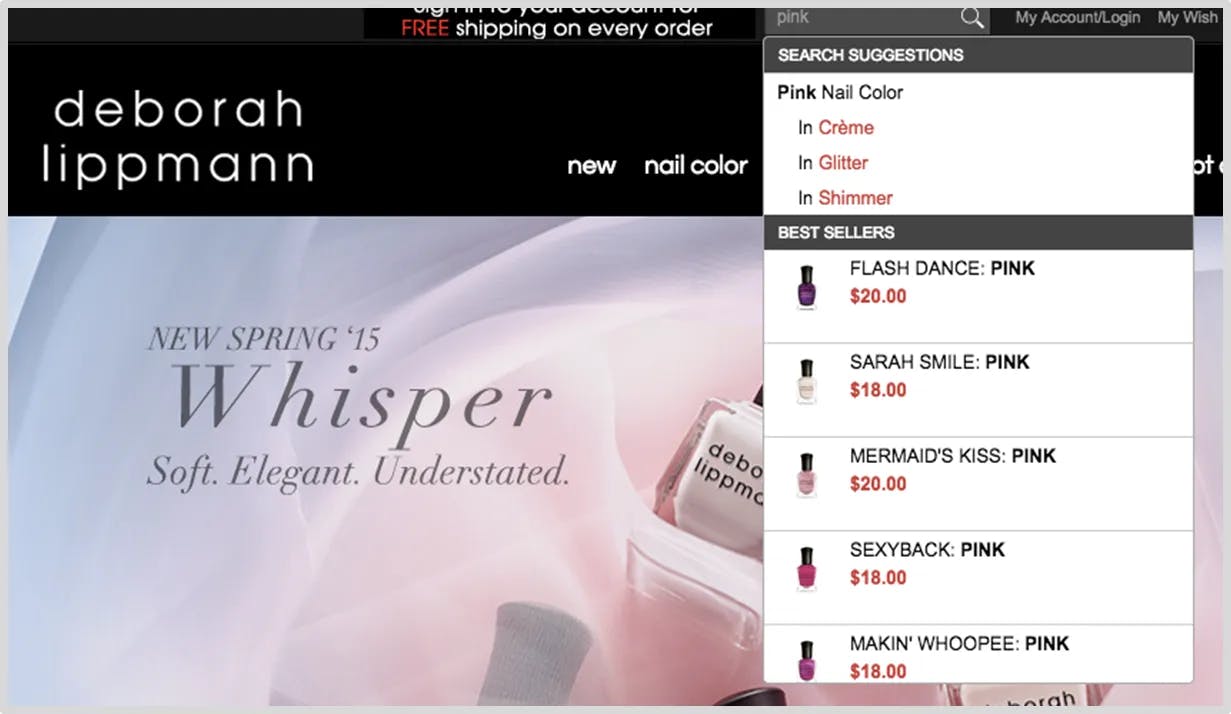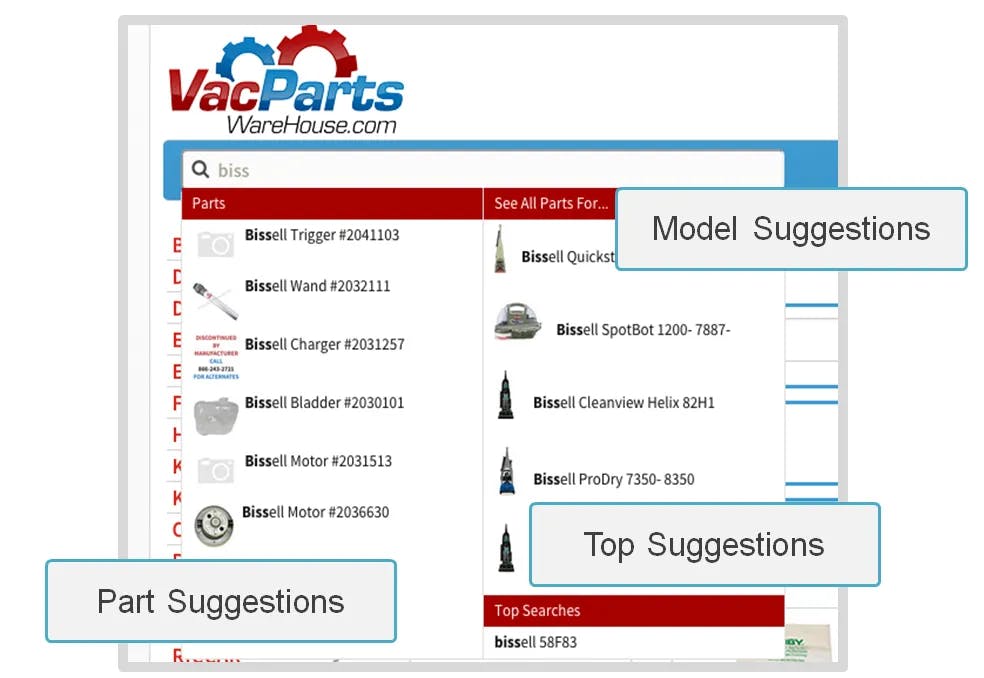In this post, we will share usability guidelines for designing a predictive site search that anticipates user intent and intelligently guides them toward the right product.
We've discussed the importance of relevancy for eCommerce site search, the 12 different query types that customers typically use to find a product, and how to address these.
Let's look at another pivotal building block for a great site search experience - Design.
Site search usability is just as important as technology in making it more engaging, easy to use, and highly converting. It's hard to imagine one without the other. This is because the drop-off rate for sites with poor search functionality is so high – almost 80%. Therefore, your site's design plays a major role in making it searchable.
Designing predictive search
'Anticipation denotes intelligence.'
This is a beautiful quote from the movie The Fifth Element, which seems highly relevant in a world that is moving towards intelligent systems with predictive capabilities. The operative word here is anticipation. This holds true for eCommerce site search, i.e., to anticipate correctly what the customer expects and wants, and showcase relevant products accordingly. In the eCommerce context, predictive search refers to search autocomplete.
Search autocomplete is primarily helpful in assisting users in forming a better search query, but it can also be difficult to design since customer behavior varies from site to site. We at Unbxd work with our clients to customize their autocomplete to suit their business & the way their customers interact with the website.
For instance, for one of our customers in the fashion space – Deborah Lippmann – it was critical to take customers to the correct sub-category, just like a salesman would. If a customer searches for "pink nail color," it is helpful to prompt them to narrow their search to relevant sub-categories such as glitter or shimmer. Also, considering most of their products are brands in themselves, showing best sellers in autocomplete led to higher click-throughs.

For another customer that operated in the equipment and hardware space, we realized many searches were being made using part numbers and models. For this, we customized the autocomplete to show search suggestions for both.

In summary, here are a few essential design hacks to improve site search autocomplete:
- Display best-selling products to guide customers to the right product
- Don't show irrelevant or out-of-stock products
- You don't need to stick with a templated autocomplete - customize it to suit your business needs and your shoppers' behavior to make search easier and faster.
Guide shoppers in the right direction as they type in the search box with instant and intelligent suggestions. Explore Unbxd's Autosuggest feature








